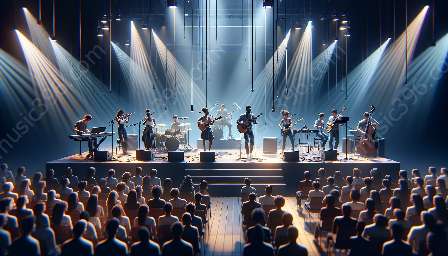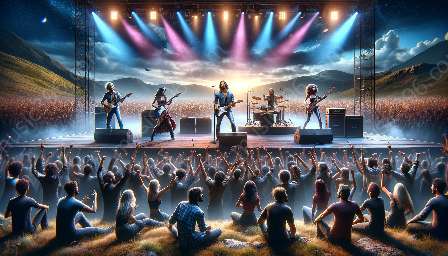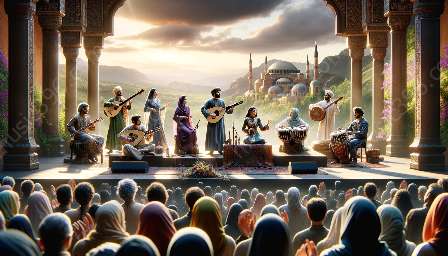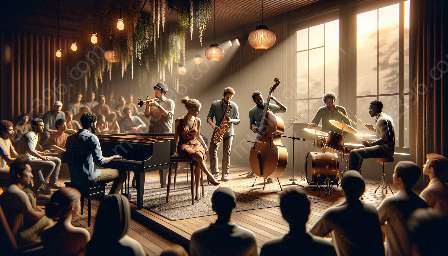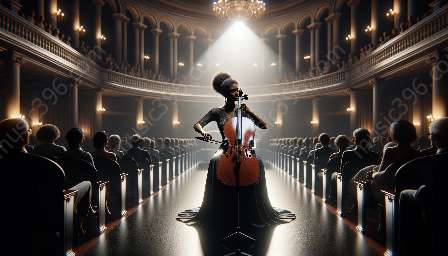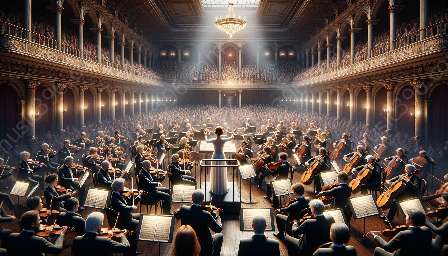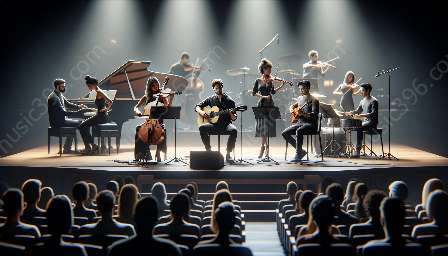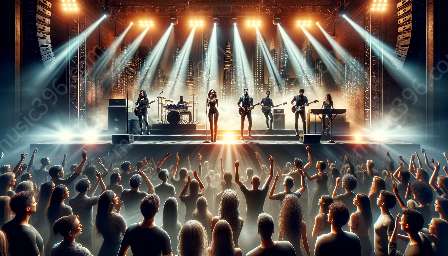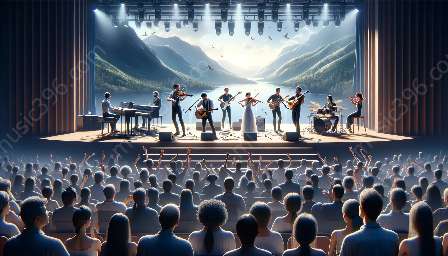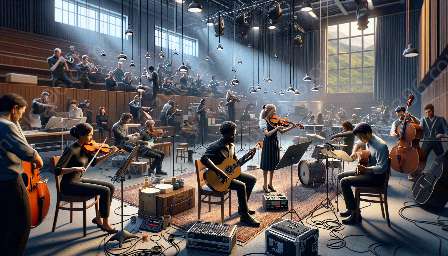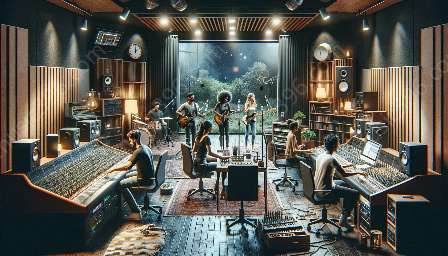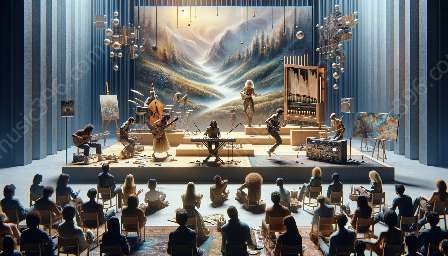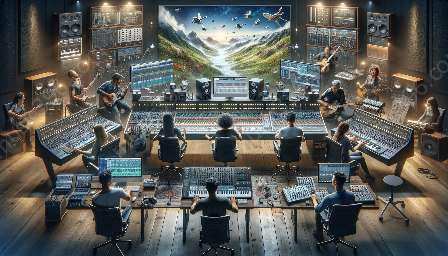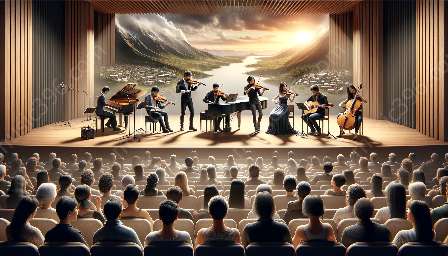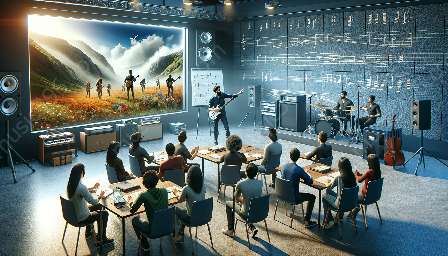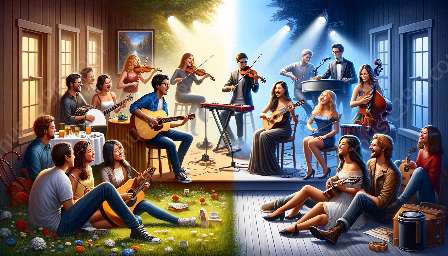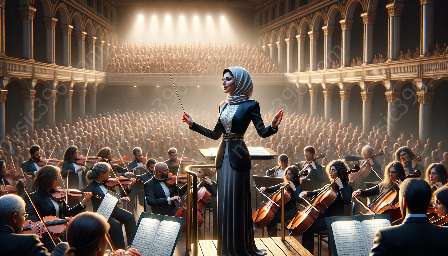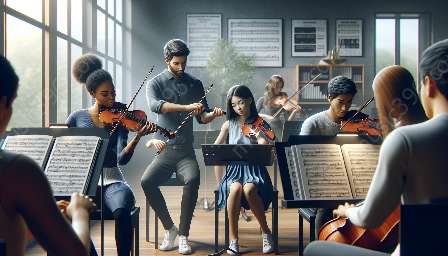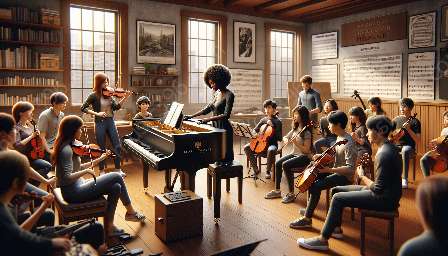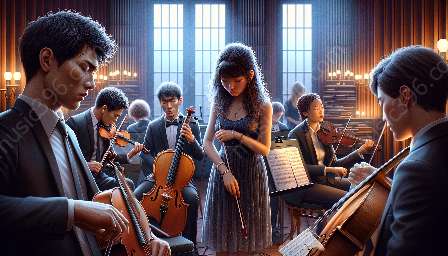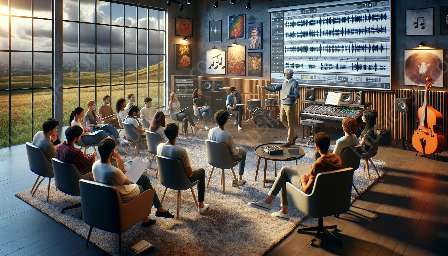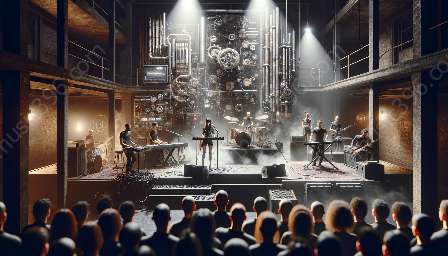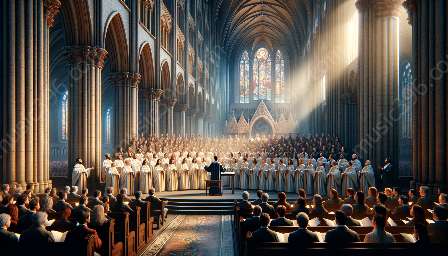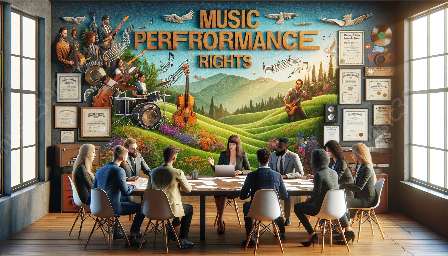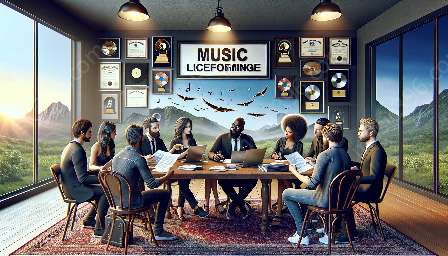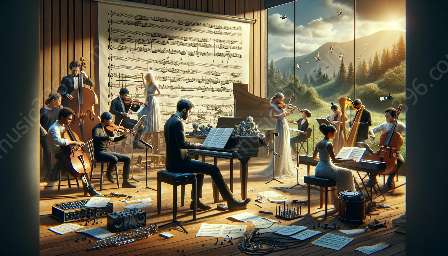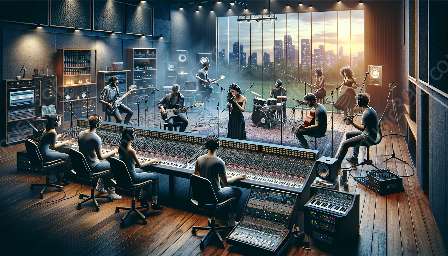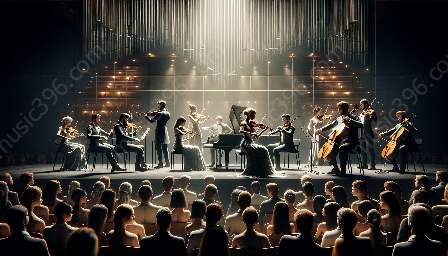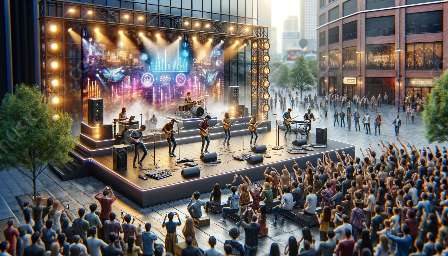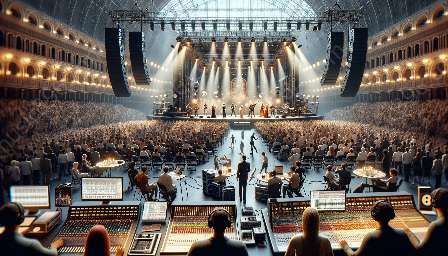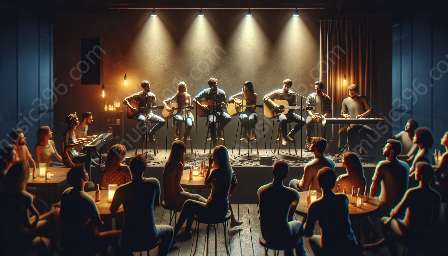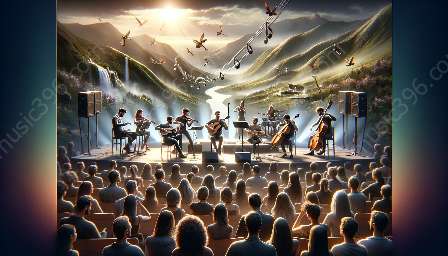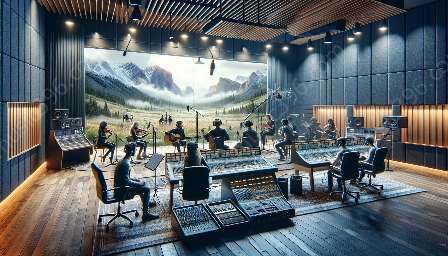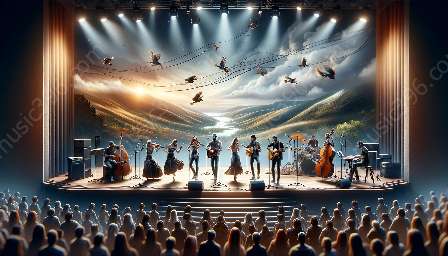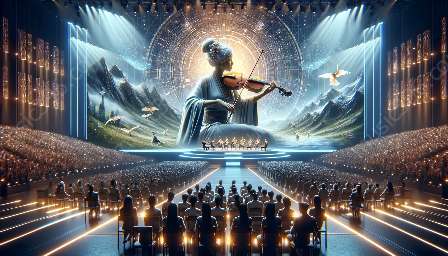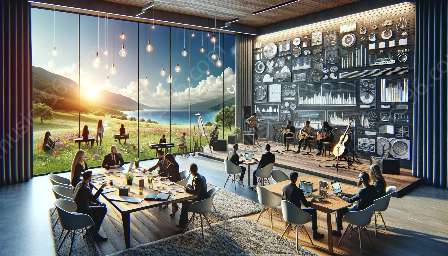Music performance rights play a crucial role in the music industry, ensuring that musicians are compensated for their creative works. Understanding how music performance rights intersect with the concepts of creative commons and open source music sheds light on the evolving landscape of music distribution, collaboration, and ownership.
What are Music Performance Rights?
Music performance rights refer to the legal and economic rights held by songwriters, composers, and music publishers to authorize the use of their music. These rights are often licensed through music performing rights organizations (PROs) such as ASCAP, BMI, and SESAC, which collect and distribute royalties to the rights holders.
Understanding Creative Commons
Creative Commons is a licensing framework that allows creators to grant varying degrees of permission for others to use their work. In the context of music, it enables artists to specify the extent to which their music can be shared, remixed, or used for commercial purposes, while retaining certain rights.
Open Source Music and Collaboration
Open source music follows a similar ethos to open source software, emphasizing collaboration, transparency, and community participation. It often involves the use of licenses that permit musicians to freely share and modify musical works, fostering a culture of collective creativity and innovation.
The Intersecting Dynamics
Music performance rights intersect with creative commons and open source music in several ways. Firstly, the traditional model of music performance rights is based on strict copyright enforcement and licensing, ensuring that creators are compensated for the use of their music. In contrast, creative commons and open source music challenge this model by offering alternative licensing options that allow creators to define the terms of how their work can be used and shared.
Through creative commons and open source licenses, musicians can specify whether their music can be freely performed, remixed, or sampled without the need for traditional licensing arrangements. This introduces new possibilities for collaborative projects, remix culture, and decentralized music distribution, potentially disrupting the traditional music industry ecosystem.
Implications for Musicians and Rights Holders
For musicians and rights holders, the intersection of music performance rights with creative commons and open source music presents both opportunities and challenges. On one hand, embracing open licensing frameworks can facilitate broader exposure, collaboration, and engagement with audiences. It can also support grassroots movements and enable artists to experiment with alternative revenue models.
However, the shift towards open licensing also raises questions about the fair compensation of creators. While creative commons and open source music promote freedom of use and collaboration, they can also complicate the process of tracking and monetizing music usage, potentially impacting the traditional royalty structures established by music PROs.
Enabling New Distribution Models
The intersection of music performance rights with creative commons and open source music has led to the emergence of innovative distribution models. Platforms such as Bandcamp and SoundCloud have embraced these licensing frameworks, allowing musicians to self-publish and freely distribute their music, while providing options for fans to support artists through direct purchases or donations.
Additionally, the concept of Creative Commons Zero (CC0) licenses has gained traction in the music industry, enabling creators to waive all their copyright and related rights, effectively placing their works in the public domain. This approach empowers musicians to share their music freely, without restrictive licensing barriers, thereby fostering a culture of openness and accessibility.
Navigating the Balance
As the music industry continues to evolve, there is an ongoing dialogue about finding the balance between preserving the rights of creators and embracing the principles of openness and collaboration. Musicians and rights holders must weigh the benefits of broader exposure and creative freedom against the potential challenges of maintaining fair compensation and control over their works.
Ultimately, the intersection of music performance rights with creative commons and open source music reflects a broader societal shift towards reimagining the boundaries of ownership, creativity, and access to cultural resources. It prompts us to consider the evolving role of technology, community-driven initiatives, and legal frameworks in shaping the future of music and artistic expression.


